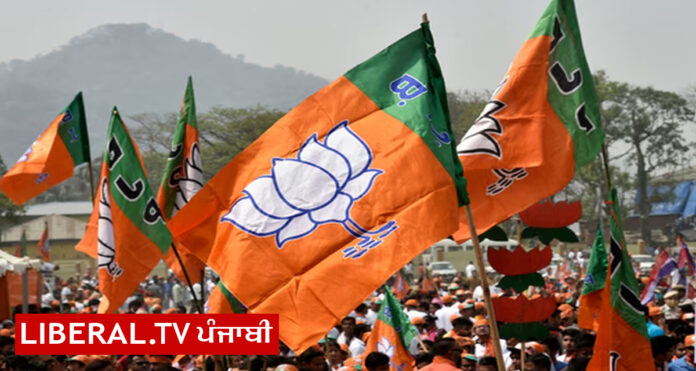With the Bharatiya Janata Party (BJP) ousting the Aam Aadmi Party (AAP) from power in Delhi, all eyes are now on the question: Who will be the next Chief Minister of the national capital? The unexpected turn of events in the recent elections has left the political landscape of Delhi in a state of flux, and speculation is rife as to who will take charge after AAP’s stunning defeat.
Among the names being discussed are Parvesh Verma, who clinched victory in the New Delhi constituency by defeating AAP’s national convener Arvind Kejriwal, and Ramesh Bidhuri, who, though unsuccessful in his bid for the Kalkaji seat, remains a prominent figure within the party. Other potential contenders include BJP MPs Manoj Tiwari, Kapil Mishra, Ashish Sood, Rekha Gupta, and Vijender Gupta. These figures have all been mentioned in the corridors of power, with some having a strong political base in Delhi.
The BJP’s resounding victory, securing 48 out of 70 seats, has left AAP reeling with just 22 seats— a significant drop from their 62-seat tally in the previous election. The Congress, which had hoped to make a comeback in Delhi, once again found itself shut out of the assembly, failing to secure a single seat. This loss marks a severe blow not only to AAP’s ambitions but also to Arvind Kejriwal’s leadership. The AAP chief, who had been the face of the party’s success in Delhi, was one of several high-profile leaders to lose in this election, along with other key figures like former Deputy Chief Minister Manish Sisodia, Minister Satyendra Jain, and Saurabh Bharadwaj.
In the aftermath of the loss, Atishi, the AAP leader who had been serving as Chief Minister since September of the previous year, tendered her resignation. Her brief tenure had come after Kejriwal’s own resignation, and she became the third woman to serve in the role, following in the footsteps of Sushma Swaraj and Sheila Dikshit. Atishi’s resignation symbolizes the collapse of AAP’s political dominance in Delhi and underscores the party’s struggles in regaining the trust of the electorate.
As for the BJP, it now stands poised to consolidate its power in Delhi, but the question of who will take the helm remains unanswered. While figures like Verma and Bidhuri seem to be frontrunners, the absence of an obvious leader could prove to be a challenge for the party as it seeks to stabilize its position in the city. BJP’s victory has raised expectations, but it also brings with it the burden of governing a city that has long been a stronghold for AAP.
This dramatic shift in Delhi’s political dynamics could have far-reaching implications. It represents not just a defeat for AAP, but a clear message from the electorate about their growing dissatisfaction with Kejriwal’s leadership. The BJP’s success is not just a political win; it is a testament to the shifting tides in Delhi’s governance, where the desire for change has triumphed over the status quo. As the BJP now prepares to take on the mantle of governance in the capital, it faces the challenge of balancing the needs and aspirations of Delhi’s diverse population while dealing with the high expectations that come with such a decisive victory.
The question of Delhi’s next Chief Minister is only the beginning. The real test will come when the new leader must prove their ability to govern in the shadow of AAP’s former dominance and amidst the challenges that lie ahead for the city. Will the BJP’s new leadership bring the promised changes, or will it falter under the weight of its own political ambitions? Only time will tell, but one thing is certain: Delhi’s political scene has entered a new era, and the battle for leadership will define the future of the city for years to come.



